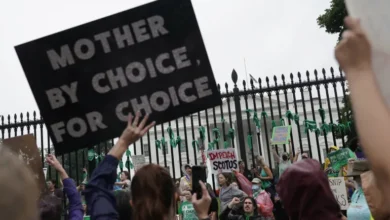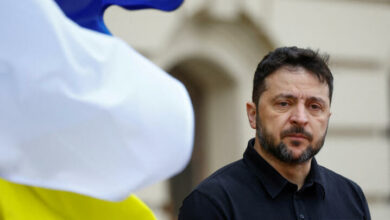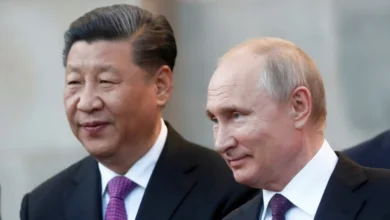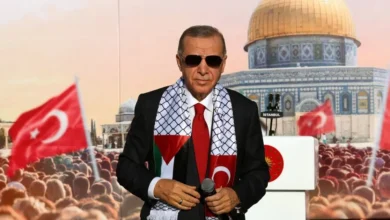Pope Francis, pontiff who pushed church boundaries — but didn’t break them
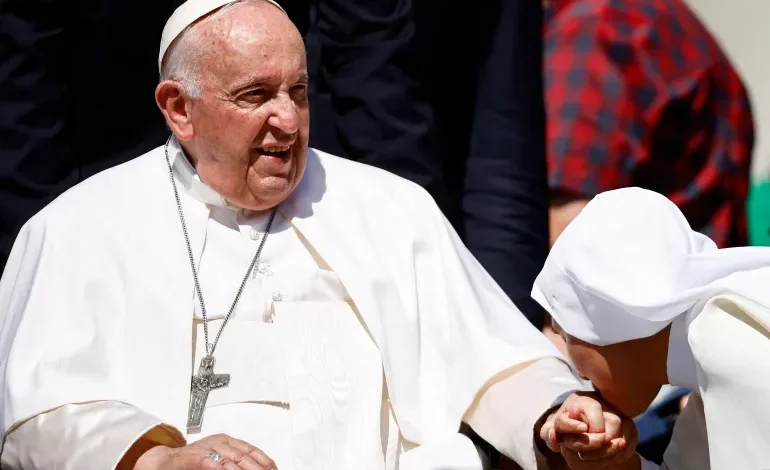
Pope Francis, the Argentinian pontiff who brought the plight of the world’s most marginalised back to the centre of the Roman Catholic Church’s attention, has died aged 88, the Vatican announced on Monday.
A charismatic communicator with a friendly demeanour, Francis succeeded in broadening Catholicism’s appeal at a time of growing disenchantment towards the Church, an institution embroiled in financial and sexual scandals.Throughout his papacy from 2013 to 2025, the pope stripped the Vatican of some layers of opacity and connected with the concerns of common people. He highlighted the plight of the poor and that of prisoners.
Francis condemned the Church’s abuse of power while engaging with other faiths.Francis’s tone marked a radical departure from his predecessor, Benedict XVI, who believed that nurturing the Church’s most ardent believers was the way to strengthen the institution.
But Francis’s shift never translated into fundamental changes to the Church’s doctrine on contentious issues. In most instances, he remained in line with previous papacies, staunchly opposing gay marriage, women becoming priests and priests marrying.Religious pluralism and inequality
Francis was born Jorge Mario Bergoglio in 1936 in the Argentinian capital, Buenos Aires, to immigrant parents who fled Italy’s fascist dictatorship of Benito Mussolini.
He trained as a chemical technician, worked in the food processing industry, and, for a brief time, was a bouncer in a nightclub in Cordoba before becoming a priest in 1969.He liked to dance tango, although he preferred milonga, Francis said in a 2010 interview, referring to the faster-paced music that preceded tango.
His upbringing in Buenos Aires exposed him to religious pluralism and socioeconomic inequalities – two factors that experts believe explain his commitment to interfaith dialogue and pointed criticism of capitalism and consumerism.



